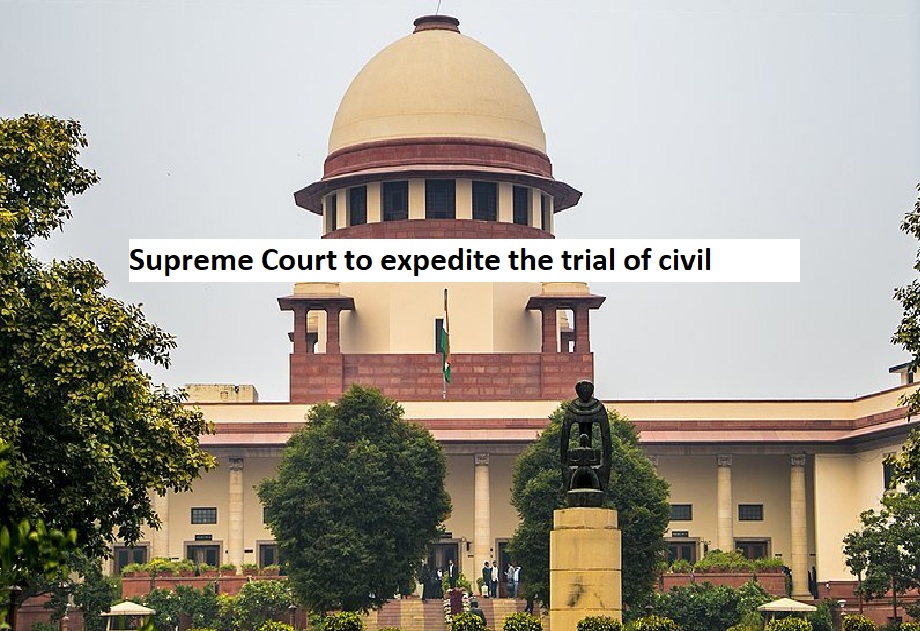


The Supreme Court expressed concern about pending cases and issued 12 directives through Justices S Ravindra Bhat and Aravind Kumar's bench to expedite trials and oversee case resolutions in high courts.:
1.District and taluka-level courts must ensure timely execution of summons as specified in Order V Rule (2) of CPC. Principal District Judges will oversee this process and gather statistics for review by the High Court committee responsible for monitoring and consideration.
2.District and Taluka-level courts must ensure the timely filing of a written statement, adhering to the limits outlined in Order VIII Rule 1, ideally within 30 days. If an extension beyond 30 days is necessary, written reasons must be provided as per the proviso to sub-Rule (1) of Order VIII of CPC.
3.After completing pleadings, District and Taluka courts should call parties in accordance with Order X to record admissions and denials. The court should then direct parties to opt for an out-of-court settlement mode as per Section 89(1). Parties may choose a mode, and the court will set a date for appearance before the selected forum or authority. Parties must attend as directed without further notice. The reference order should specify that the trial is scheduled beyond two months and, if ADR is unsuccessful, the trial begins the following day and proceeds daily.
4.If a party does not opt for ADR as per Section 89(1), the court should, preferably within one week, openly frame the issues for determination.
5.The trial date should be set in consultation with the respective advocates, allowing them to adjust their schedules. Once the trial date is fixed, proceedings should, to the extent possible, continue on a day-to-day basis.
6.Experienced trial judges in District and Taluka Courts should maintain a diary to ensure that only a manageable number of cases are scheduled for trial on any given day. This approach aims to complete the recording of evidence efficiently, preventing case overcrowding and subsequent adjournments that could inconvenience the stakeholders.
7.Counsel representing the parties should be well-versed in the provisions of Order XI and Order XII to reduce the scope of disputes. Bar Associations and Bar Councils hold the responsibility of organizing periodic refresher courses, ideally through virtual means, to enhance legal knowledge and skills.
8.Trial courts must diligently and without exception adhere to the stipulations of Rule 1 of Order XVII. Once the trial begins, it should proceed from day to day as outlined in the proviso to Rule (2).
9.Courts should implement the provisions for cost payment effectively to discourage unnecessary adjournments and to compensate the opposing party when adjournments are granted due to procrastination in litigation.
10.Upon concluding the trial, oral arguments should be heard promptly and without interruption, and the judgment must be delivered within the time frame specified in Order XX of the CPC.
11.The presiding officers in each court, for cases pending over 5 years, must send monthly statistics to the Principal District Judge. The Principal District Judge will compile this data and forward it to the review committee established by the respective High Courts, enabling them to take appropriate actions.
12.The committee established by the Hon'ble Chief Justice of each state should convene at least once every two months. They will prescribe necessary corrective actions for the respective courts and maintain continuous monitoring of old cases, particularly those pending for over 5 years.
The Supreme Court directed its Secretary General to distribute the judgment to all high courts. Additionally, the bench noted that more directions might be issued in the future, as needed and directed by the court.
TAGS: Secretary General Supreme Court Judgment High Courts Directions Implementation Court's Order Future Directions